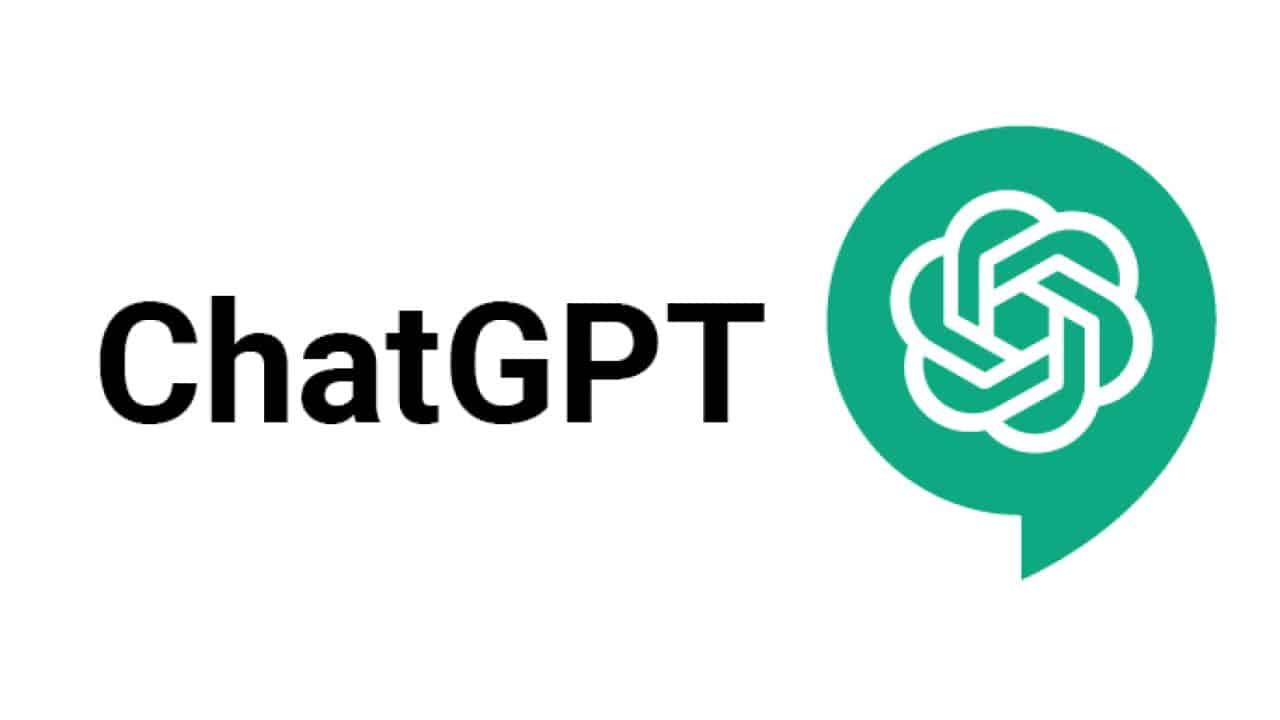OpenAI applied to trademark the term “GPT,” short for “generative pre-trained transformer,” but it has been rejected by the US Patent and Trademark Office (PTO). This decision is based on the belief that the term is too generic to be exclusively owned, and its exclusive use might hinder competitors from accurately describing their offerings as GPT.

OpenAI argued that “GPT” lacks descriptiveness and isn’t immediately understood by consumers. The PTO disagreed, noting that those who use the technology grasp that “GPT” refers to a type of software, not just OpenAI’s products.
Many AI services have adopted “GPT” in their product names, such as the AI detector startup “GPTZero.” It’s common for companies to label their foundational AI models as GPTs since they essentially are.
The relationship between OpenAI and the GPT (Generative Pre-trained Transformer) models, specifically ChatGPT and the later iterations like GPT-3 and GPT-4, has solidified the association between GPT and OpenAI.
OpenAI broadened its scope by allowing external developers access to its ChatGPT platform, thus expanding the range of its GPT-based custom chatbots.
However, OpenAI has started to differentiate its services through unique branding. An example is the recent launch of Sora, a text-to-video generation model.
Gizmodo has reported that the United States rejected OpenAI’s trademark application for GPT for the second time. Previously, in May 2023, a similar rejection occurred. OpenAI can pursue an appeal with the Trademark Trial and Appeal Board for another chance at trademarking the term GPT.
